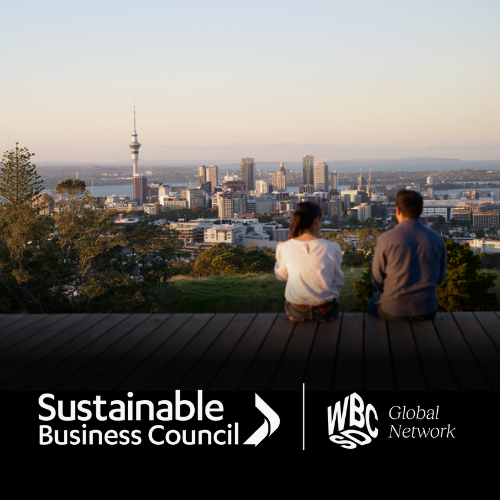Human Rights on the agenda for New Zealand Business
It wasn’t so long ago that you mentioned the words
human rights to New Zealand businesses and you were met with an emphatic “that
isn’t an issue here” or “we have legislation that covers it”. But that is beginning to change …
It wasn’t so long ago that you mentioned the words
human rights to New Zealand businesses and you were met with an emphatic “that
isn’t an issue here” or “we have legislation that covers it”.
But that is beginning to change. There has been a
plethora of recent news articles on how human rights apply in a New Zealand
context, and a call to action for us to do better. A newly released document by
the New Zealand Human Rights Commission The
Business of Human Rights
outlines a compelling case for why NZ business needs to understand and take
action on human rights issues. Better brand and risk management,
increasing staff and customer loyalty, meeting the demands of investors and
funders and maintaining your social license to operate are just some of
the reasons to do this.
Also,
New Zealand recently became a signatory to the United
Nations Sustainable Development Goals (SDGs) along with 192 other
countries. There is a strong focus on human rights within many of these global
goals and we need to report on our performance as a country in meeting these.
So what are the human rights issues relevant to
business in New Zealand? Looking after employees and people within your value
chain (suppliers, contractors and customers etc) is key. Currently New Zealand business has a strong focus on health and safety, and diversity
and inclusion. In the recent study by ACCSR on The State of Corporate
Social Responsibility (CSR) in Australia and New Zealand 2016, gender
equality was the most frequently ranked SDG priority across a wide range of
industries ahead of others such as clean water and sanitation – especially in
the Banking, Finance and Insurance, Accounting and Professional Services,
Engineering, Manufacturing, and Transport and Storage sectors.
The Sustainable Business Council (SBC) has a number of members who are doing leading work
on diversity and inclusion. This includes BNZ and Westpac – both winners
of the UN White Camellia award for gender equality and women empowerment; SKYCITY
and Downer – decreasing their gender pay gap; and SKYCITY, Fletcher Building,
Vector, AUT and Westpac – being awarded the rainbow
tick for completing a diversity and inclusion certification process
which tests whether a workplace understands, values, and welcomes sexual
and gender diversity.
As well as great work with employees, SBC members are
also working on eliminating human rights issues from their supply chain: ecostore
has begun the process of becoming one of NZ’s first child labour free
accredited companies; The Warehouse has been working in this area for
a number of years and is transparently discussing its ethical sourcing
policies and performance, as are a whole raft of other SBC members;
and Lion has partnered with global ethical sourcing non-profit Sedex – the
largest collaborative platform for sharing ethical supply chain data – joining
38,000 other companies globally putting sustainability and ethical practices at
the heart of their business.
SBC has a focus on human rights indirectly through the
Social Impact and Sustainable Leadership priority areas. And the SBC
Value Chain Guide helps you understand and manage issues within your supply chain and includes
tools, case studies. It includes inspiring stories such as this one from Auret van Heerden, head of the Fair Labor Association, on how focussing
on taking care of people within your supply chain can have hugely positive
consequences.
Human rights issues are something New Zealand business
needs to understand and take action on to help lift standards for people everywhere, especially those who work for and with
you.
Contact:
Phone:
Email:

